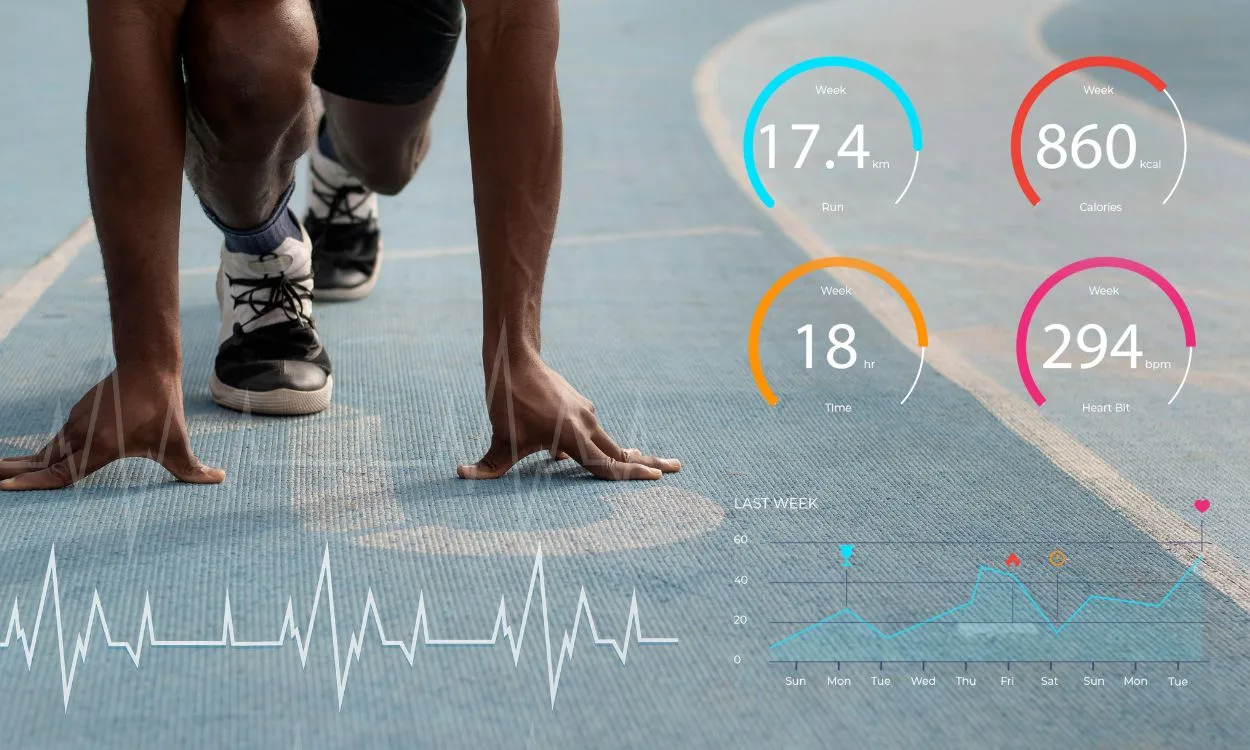Can weight loss improve my cardiovascular endurance and athletic performance?
Weight loss is a common goal for many people, whether it’s to improve their overall health, enhance their athletic performance, or simply feel more confident in their bodies. But can shedding those extra pounds actually lead to improvements in cardiovascular endurance and athletic performance? Let’s take a closer look.
Cardiovascular endurance, also known as aerobic fitness, refers to the ability of the heart, lungs, and blood vessels to efficiently deliver oxygen to the muscles during prolonged physical activity. It plays a crucial role in athletic performance, particularly in endurance sports like running, cycling, and swimming.
When it comes to weight loss, it’s important to understand that it’s not just about the number on the scale. Losing weight involves reducing body fat while maintaining or increasing lean muscle mass. This distinction is important because excess body fat can impair cardiovascular endurance and athletic performance.
Carrying excess weight puts additional strain on the cardiovascular system, making it harder for the heart to pump blood and oxygen to the muscles. This can result in decreased endurance, increased fatigue, and reduced performance during physical activity. Conversely, losing weight can alleviate this strain, leading to improved cardiovascular efficiency and endurance.
Here are some ways in which weight loss can positively impact cardiovascular endurance and athletic performance:
- Decreased body fat: Losing weight helps reduce overall body fat, particularly visceral fat which surrounds the organs. This reduction in fat mass leads to improved cardiovascular function, increased oxygen delivery to the muscles, and enhanced endurance.
- Increased muscle efficiency: When you lose weight, you not only shed excess fat but also gain or maintain muscle mass. Lean muscle is more metabolically active than fat and contributes to better overall physical performance. With less weight to carry, your muscles can work more efficiently, leading to improved endurance and athletic performance.
- Reduced risk of chronic diseases: Losing weight and maintaining a healthy weight can significantly reduce the risk of developing chronic diseases such as heart disease, hypertension, and diabetes. By improving your cardiovascular health, you’ll be better equipped to engage in physical activities and perform at your best.
- Enhanced mobility and agility: Carrying excess weight can limit mobility and agility, making it harder to perform certain movements or participate in sports and activities. Losing weight can improve your range of motion, flexibility, and overall agility, all of which are important for athletic performance.
- Improved energy levels: Excess weight can lead to feelings of fatigue and sluggishness, making it harder to engage in physical activity and perform at your best. Losing weight can increase energy levels, allowing you to train harder, recover faster, and push your limits during workouts or sports.
While weight loss can have significant benefits for cardiovascular endurance and athletic performance, it’s important to approach it in a healthy and sustainable way. Crash diets or extreme calorie restriction can result in muscle loss, nutrient deficiencies, and metabolic damage, ultimately impairing performance.
To achieve weight loss and improve cardiovascular endurance effectively, it’s recommended to focus on a combination of regular exercise, balanced nutrition, and lifestyle modifications. Incorporate both cardiovascular exercises (such as running, cycling, or swimming) and strength training into your routine to promote fat loss, preserve muscle mass, and enhance overall fitness.
In addition to exercise, adopting a balanced and nutritious diet is essential for weight loss and optimal athletic performance. Focus on consuming a variety of nutrient-dense foods, including lean proteins, whole grains, fruits, vegetables, and healthy fats. Stay hydrated and be mindful of portion sizes to ensure you’re fueling your body properly.
Now, if you’re ready to take the next step toward achieving your weight loss and fitness goals, consider downloading the Fitpaa app. Fitpaa offers a comprehensive and personalized approach to health and fitness, helping you optimize your metabolism, track your progress, and stay motivated along the way.
With Fitpaa, you’ll have access to a team of experts, including fitness coaches, nutritionists, and doctors, who will guide you through your weight loss journey. The app provides features like a personalized Fitpaa Capsule, workout trainer, diet tracker, and real-time guidance technology to ensure you stay on track and achieve your desired results.
Fitpaa’s approach combines the latest research in lifestyle medicine, behavioral therapy, and metabolism management to deliver guaranteed results. Whether your goal is weight loss, improved cardiovascular endurance, or enhanced athletic performance, Fitpaa can provide you with the tools and support you need to succeed.
So, why wait? Start your journey toward a healthier, fitter, and more confident you by downloading the Fitpaa app today. Remember, your well-being is their mission, and they are dedicated to helping you achieve your health and fitness goals with guaranteed results. Don’t let anything hold you back – take the first step toward a better you with Fitpaa!









